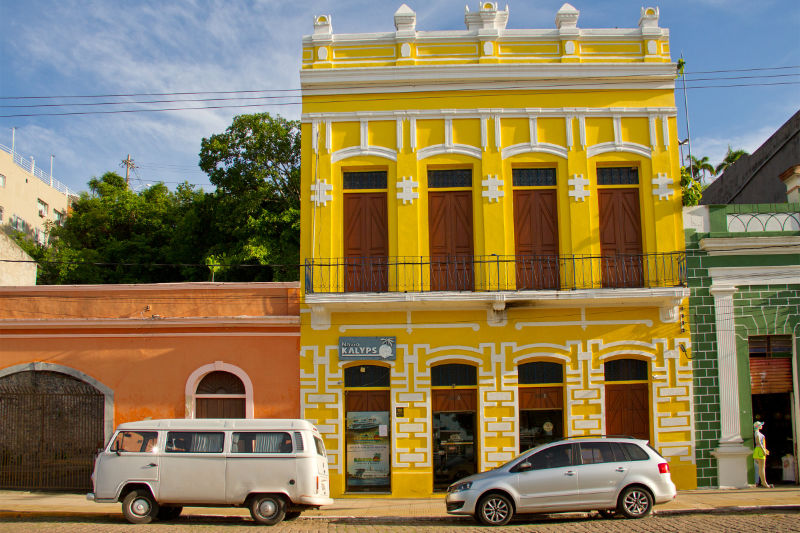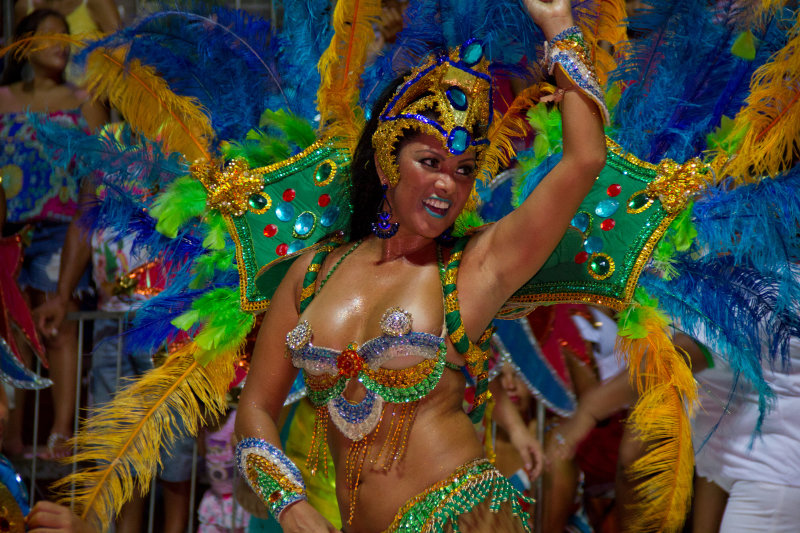Campo Grande
Campo Grande is the capital of Mato Grosso do Sul, and is the gateway into the Southern Pantanal. It's also a great place to learn more about Pantaneiro Culture and History, experience Música Sertaneja, and explore parks containing local wildlife and the new Pantanal Aquarium.
Campo Grande
Campo Grande is the capital of Mato Grosso do Sul, and is the gateway into the Southern Pantanal. It's also a great place to learn more about Pantaneiro Culture and History, experience Música Sertaneja, and explore parks containing local wildlife, and the new Pantanal Aquarium.
Campo Grande
As the biggest town within the Pantanal boundaries, Corumbá has the moniker Capital of the Pantanal, but is also referred to as Cidade Branca (white city) due to the light colour of its limestone-rich soil.
Corumbá was founded in 1778, and is one of the oldest towns in Mato Grosso do Sul. This is reflected in its beautiful old architecture, although this almost all dates from the late 19th and early 20th centuries. Most older structures were razed during the Paraguayan occupation in the Paraguayan War (1864-70). Rapid post-war reconstruction was fuelled by the town's strategically important riverport which brought new settlers, commerce, and the establishment of new military bases to strengthen the frontier. However, further progress was stalled by the later advent of railways and road transport which caused the region's development focus to shift onto other towns such as Campo Grande, Aquidauana, and Dourados. The end result was a living time capsule which visitors can see today. Recently the town has recognised its heritage, with many old buildings now being restored to their former glory.
The local economy is based on cattle ranching, fishing, tourism, cement production, and maintenance of the Brasil-Bolivia gas pipeline. Several small iron and manganese mines also operated in the nearby hills until recently. Corumbá is the main town, but the region is actually a conurbation with other towns in very close proximity, including:
- Ladário: This is the site of a Brazilian naval base established in 1872 after the Paraguayan War, and the site of the original township;
- Puerto Suárez: On the Bolivian side of the frontier, it has a large shopping mall, banks, hotels, and tours in the Bolivian Pantanal. There's a small airport but currently without any regularly scheduled flights; and
- Puerto Quijarro: Also on the Bolivian side. Not much to see, but its the location of the train station offering transport to Santa Cruz.
Travel to/from Bolivia is simple - but you may need to get your passport stamped (not always necessary for a simple shopping trip), and change between Brazil/Bolivian taxis on the frontier. Brazilian taxis can be a rip off, so be aware that there's also a regularly scheduled bus travelling between the Brazilian side of the border and the town centre.
History
Set custom column amounts for Dektop, Tablet, and Mobile devices! Create the perfect look for your site everywhere~Sights and Events
Add individual links to each card taking your user to a page that is related to the feature information!Activities and Tours
Add custom icons to feature cards from several of the most popular libraries, or even add your own custom images~Accommodation
We've included the most important styling features such as borders, shadows, backgrounds, font-colors, sizes, padding, margin and more!Eating
With shared card styles, it is super easy to get a nice looking feature section up and running. Create your styles ones, and then just add cards!Getting There and Away
We've included some seriously customizable hover effects~ Toggle custom effects like scaling, rotation, icon-rotation, translation, colors, shadows and more!Banner image: Pantaneirio local, Seu Dito Verde playing his traditional Viola de Cocho (Paulisson Miura/Wikimedia)

